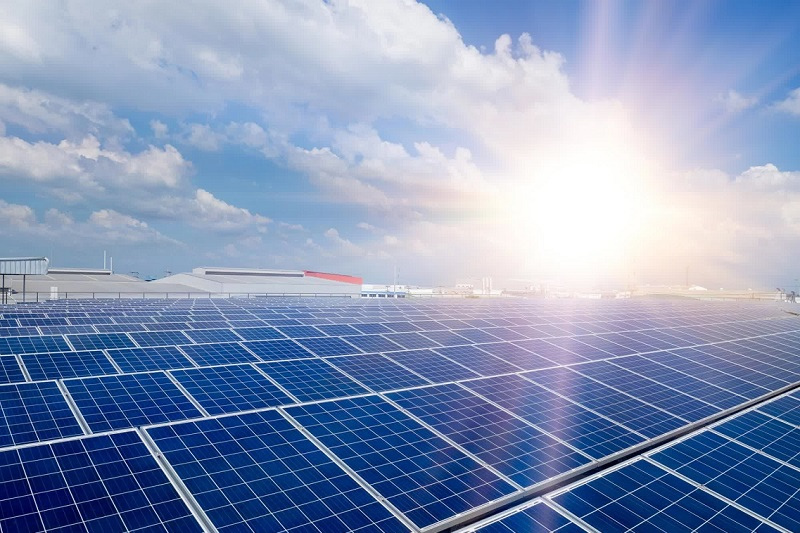The primary reason many businesses install solar panels in their commercial premises is to enhance their green credentials and thus contribute to the quest to reduce the use of fossil fuels. For others, this may influence their decision to do so. Still, for many, the main driver is seeking a reduction in their energy bills and, ultimately, a return on the initial investment required to install their solar energy system.
With the cost of electricity seemingly rising continuously rather than the reverse, many businesses are looking for ways to reduce their electricity bills, and solar energy systems offer an alternative, reliable, and renewable energy source that can provide significant cost savings. All of this feeds into the ROI that a solar energy system can generate, and in this blog post, we will examine this in more detail.
Understanding ROI For Solar Energy Systems
ROI, or return on investment, is a financial metric that measures the profitability of an investment relative to its cost. In the case of solar energy systems, ROI measures the amount of money a business can save on its energy bills compared to the initial cost of installing the system and, in many cases, increased revenue. Several factors affect the ROI of solar energy systems, including the property’s location, system size, and energy usage so let us look at these.
Location: A business’s location affects how much sunlight its solar panels can receive. Areas with more sunlight will generate more electricity than areas with limited sunlight. Businesses in areas with high amounts of sunlight can expect a higher ROI from solar energy systems than those with less sunshine or are more prone to cloud cover.
System Size: The size of the solar energy system also affects the ROI. The larger the system, the more electricity it can generate, leading to higher cost savings. However, larger systems also require a higher upfront investment, so that the ROI may take longer. Nevertheless, once the upfront cost has been covered, the ROI accelerates due to the increased savings that continue to accrue.
Energy Usage: Energy usage can be influenced by several factors, which include the size of the business premises, the nature of the business, and the number of hours each day a business is operational. It follows that the ROI from a solar energy system for a business with high energy usage and, thus, higher energy bills will be more significant in most cases than a smaller business.
Benefits Of Solar Energy Systems That Positively Impact ROI
Cost Savings
One of the primary benefits of installing solar energy systems is cost savings and specifically those savings that accrue from lower electricity bills. Businesses can save significant money on their energy bills by generating electricity for their premises from an installed solar energy system. Solar energy systems can reduce or eliminate a business’s reliance on traditional energy sources in the best-case scenarios, leading to long-term cost savings.
Brand And Reputational Benefits
Using solar energy reduces greenhouse gas emissions and helps mitigate climate change, and that principle applies as much to business premises as it does to residential properties. A significant difference between homeowners and businesses installing solar energy systems on their properties is that a business has customers and prospects whose buying decisions may rely upon their opinion of that business.
If it follows that where a business can genuinely point its green credentials and takes responsibility for reducing its carbon footprint, it will invariably lead to that business being seen in a more positive light, especially by prospects who have strong views about the environment. So they are more likely to become a paying client or customer.
Increased Property Value
Commercial properties with solar energy systems invariably have higher market values than those without. This means that a business Investing in a solar energy system can increase the value of its commercial property and thus realise an almost immediate ROI. Also, the commercial property becomes more desirable to potential buyers should the business decide to relocate and sell its current property.
Another option to add to ROI is the business relocates, but instead of selling the existing premises, they decide to lease it to another business. The potential rent it could ask for will be higher than standard rates due to it having a solar energy system installed.








